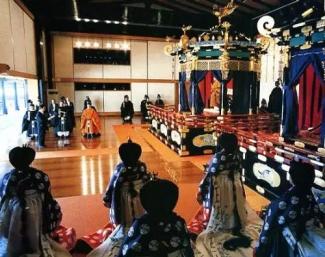Event

Distinguished East Asia Lecture
This presentation addresses the debate on constitutional monarchy that has arisen as a consequence of the emperor of Japan announcing his wish to retire. Although over half of all past emperors have abdicated, two hundred years have elapsed since the last abdication. While public opinion is overwhelmingly positive, the postwar Imperial Household Code governing the monarchy contains no provision on abdication. Thus, a legal determination on the permissibility of abdication was required. The ensuing political drama exposed a range of divergent views on constitutional monarchy and provided a bully pulpit for retrogressive supporters of the ruling political party to rebuke the emperor for his way of enacting the postwar constitution’s “symbol monarchy.” Retrogressionists reject the “symbol monarchy” and revert towards the pre-surrender conception of the emperor as a divine figure whose prayers and rituals for his ancestral gods guarantee the nation’s prosperity. On the other side stand a range of views largely favoring the symbol monarchy.
Helen Hardacre is the Professor of Japanese Religions and Society at Harvard University. Her research concerns Japanese religious history of the modern period. She has done extended ethnographic study of contemporary Shinto, Buddhist religious organizations and the religious life of Japan's Korean minority. She has also researched State Shinto and contemporary ritualizations of abortion. From 1980 until 1989, she taught at Princeton University's Department of Religion, and from 1990 she taught in the School of Modern Asian Studies, Griffith University (Australia). She came to Harvard in 1992. Her publications include The Religion of Japan's Korean Minority (1984), Lay Buddhism in Contemporary Japan: Reiyukai Kyodan (1984), Kurozumikyo and the New Religions of Japan(1986), Shinto and the State, 1868-1988 (1989), Marketing the Menacing Fetus in Japan (1997), which won the Arisawa Hiromichi Prize, and Religion and Society in Nineteenth-Century Japan: A Study of the Southern Kanto Region, Using Late Edo and Early Meiji Gazetteers (2002), Shinto: A History (2016), and Mizuko Kuyō: Shōhin to shite no gishiki. She is the founding director of the Edwin O. Reischauer Institute Research Project on Constitutional Revision in Japan. Her current research centers on the effect on religious groups of constitutional revision in Japan and a study of Japanese enthronement ritual.